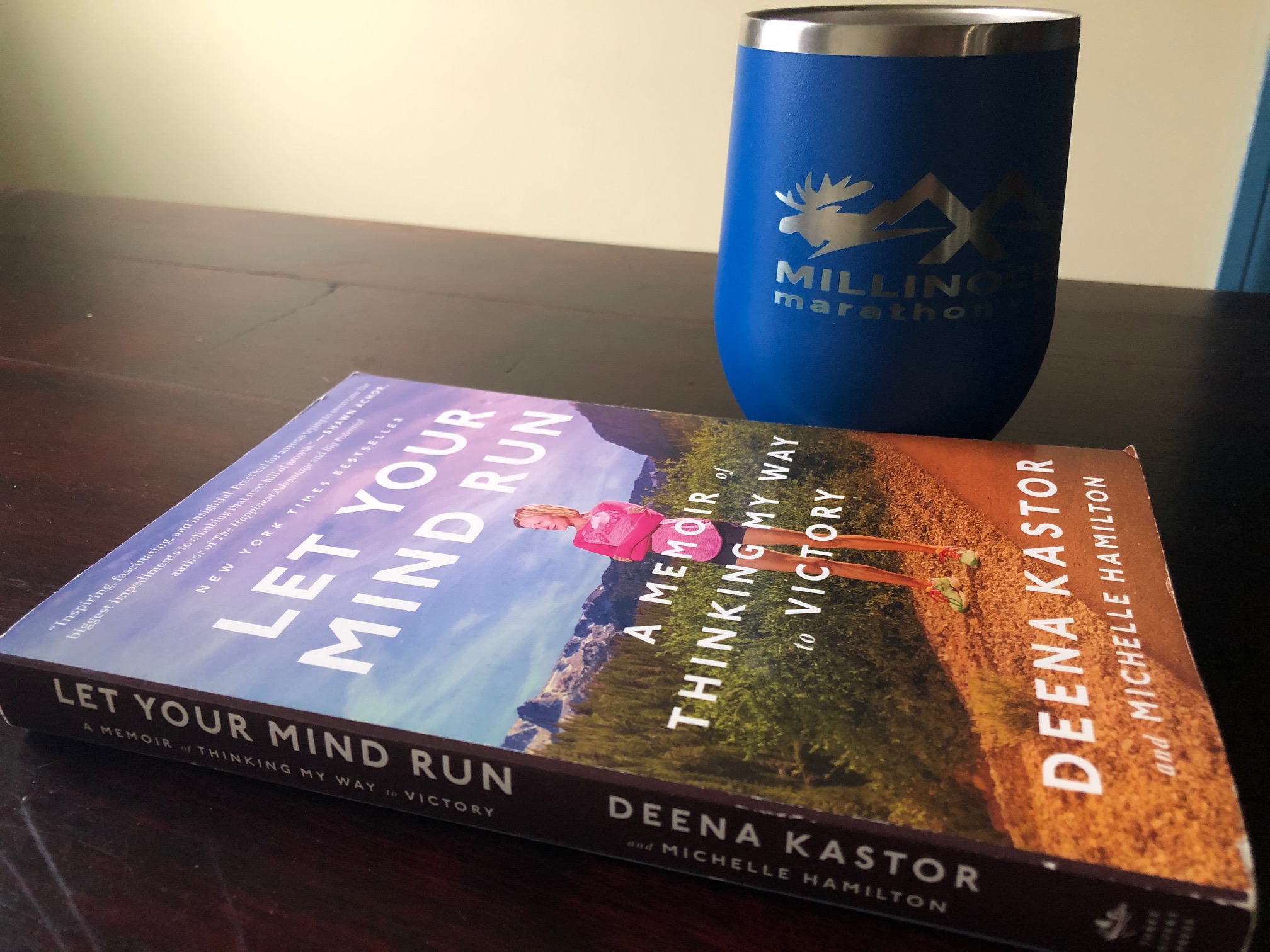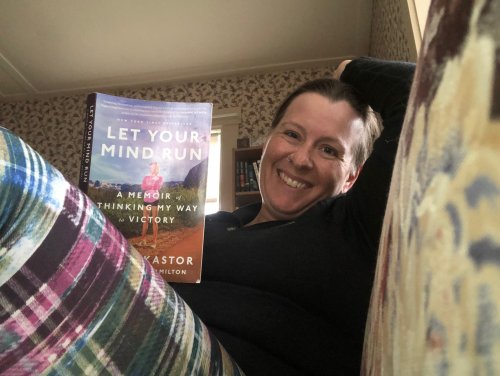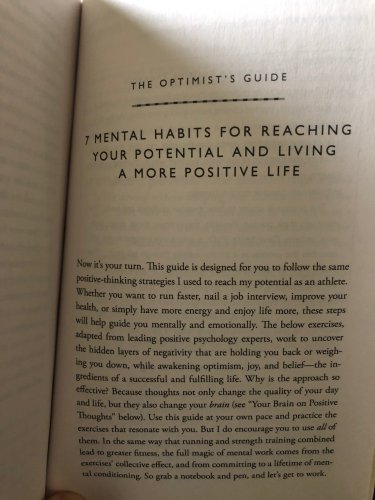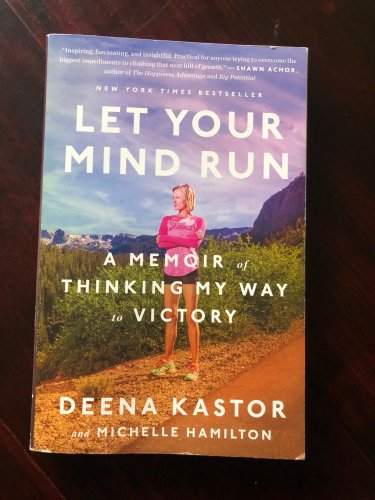Deena Kastor took bronze in the 2004 Olympic Marathon in Athens and set the American women's marathon record in the 2006 London Marathon. Although she is a legend among endurance runners, she nearly left the sport due to burnout. Let Your Mind Run is her story about finding joy and purpose in running that transcended her success.
After success and the high school and NCAA levels, Kastor was performing well but couldn't always say why. Therefore, her satisfaction was tied to race results, not the enjoyment of the sport. Working with coach Joe Vigil, who told her every morning when he came by the cafe where she worked, "See you at practice, Deena, and bring a good attitude," was instrumental in helping her find purpose in her training. Reading how a professional runner struggled through understanding the structure of a training plan or wrestled with nutrition validates so much of the effort we amateur and recreational runners put into the same issues. As Kastor reveals what she's learned about training, adaptation, and effort, we have the chance to apply her lessons to our own struggles.
Perhaps the best lesson for any runner to learn is what Kastor calls "strategic joy". In the chapter dedicated to the concept, and how Coach Vigil prioritized this in practice, Kastor tells us:
There was a spiraling effect to strategic joy: One enjoyable task propelled me into the next one. A delicious breakfast led to a good mood heading into the workout. A better mood resulted in a stronger workout. A stronger workout provided motivation for recovery.
So many of us tie our joy and success to our results, as Kastor once did. Finding joy in the small steps of training, and seeing how that joy reinforces the entire process, is what can bring many of us out of a slump.
Deena Kastor shows us how she was able to find joy even as her training grew more intense. She starts training for the marathon, and in her chapter, Going the Distance, she shares that:
Pacing, I realized, actually gave me something to do on long runs. Previously, I'd just run and the time passed slowly. But monitoring my pace and effort kept me engaged in the work in a similar way that trying to push my pace did. I looked at my watch, felt the level of my breathing, listened to my footfalls, then looked at my watch again. In between, there was time to cycle through thoughts and wander into the scenery.
Every endurance runner has struggled with the long run, and finding a supportive series of smaller tasks on the run and moments for joy between them can be a game changer for the rest of us, as it was for Kastor.
As she brings us through the nuts and bolts of her training and how she managed her emotional state to stay stoked and engaged in the process, Kastor eventually touches upon a topic that every runner eventually faces--rehabbing an injury. The inability to bear weight on one foot limited her training to the pool, but her determination remained unflagged. Her ability to see the advantages to cross-training are valuable to us, whether we are injured or just need to get motivated about varying our training tactics:
One of the unexpected benefits of the pool was that it extended my concentration. Similar to how the marathon sharpened my mental acuity years earlier, the constant attention required to keep my heart rate high gave me a greater ability to narrow and sustain my attention on the roads. My mind wandered less and I had a tighter focus on pace and effort.
I found it reassuring that someone whose self-definition depended so much on her ability to run could find fulfillment in other training modalities and then be able to so cheerfully recognize the running adaptations and improvement that time away from running could lead to.
After the birth of her daughter, Kastor's competitive drive changes, but she's no longer so tied to her identity as a professional runner. For her, "growth was constant, self mastery was never-ending. This excited me. My competitive days has a short window, but I could push my mind and strengthen my positivity for a lifetime." Considering that most of her readers are runners for exactly these reasons, it's reassuring to hear from a pro that there's a satisfaction in the lifelong challenge of running, not just in our peak athletic years. We're all eventually going to slow down and have to take stock, and Deena Kastor provides and excellent model for doing that.
Let Your Mind Run, which is written in an approachable and engaging style, concludes with a workbook: 7 Mental Habits for Reaching Your Potential and Living a More Positive Life. This gives Kastor's autobiography a lasting value beyond our enjoyment of her story and the lessons therein. The workbook offers concrete exercises for putting a deeper and lasting joy into your running, examining your purpose and outcomes. I'd recommend pairing it with a traditional training plan so that rather than just a schedule of days and miles, you can connect with the purpose behind every run and find joy in a training cycle, not just race results.
Get your copy of Let Your Mind Run at your local independent bookstore. If your community doesn't have an indie bookseller, please considering purchasing from Devaney, Doak and Garrett, our local bookstore here in Farmington, Maine. You can have your purchase shipped directly to you and support a small business.






